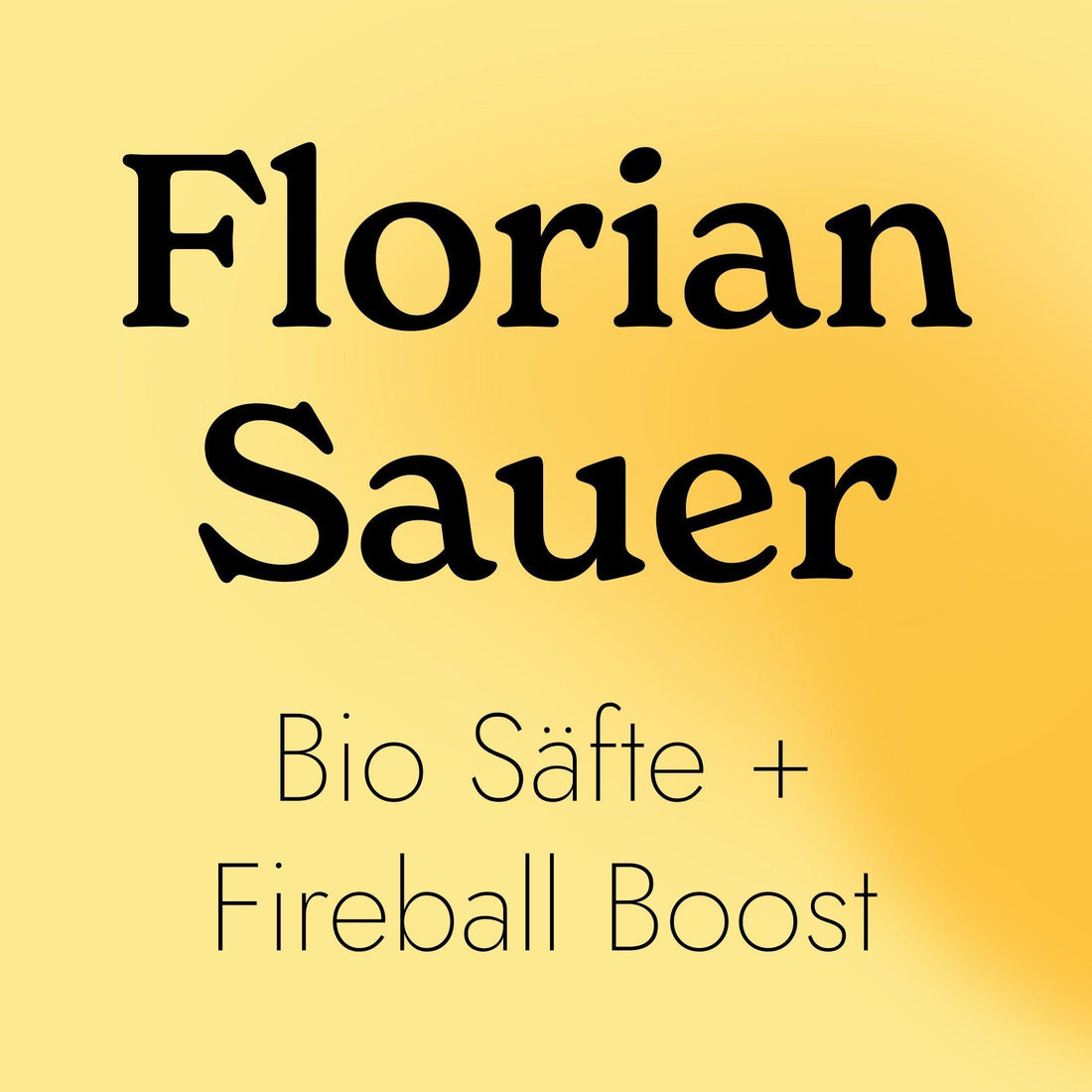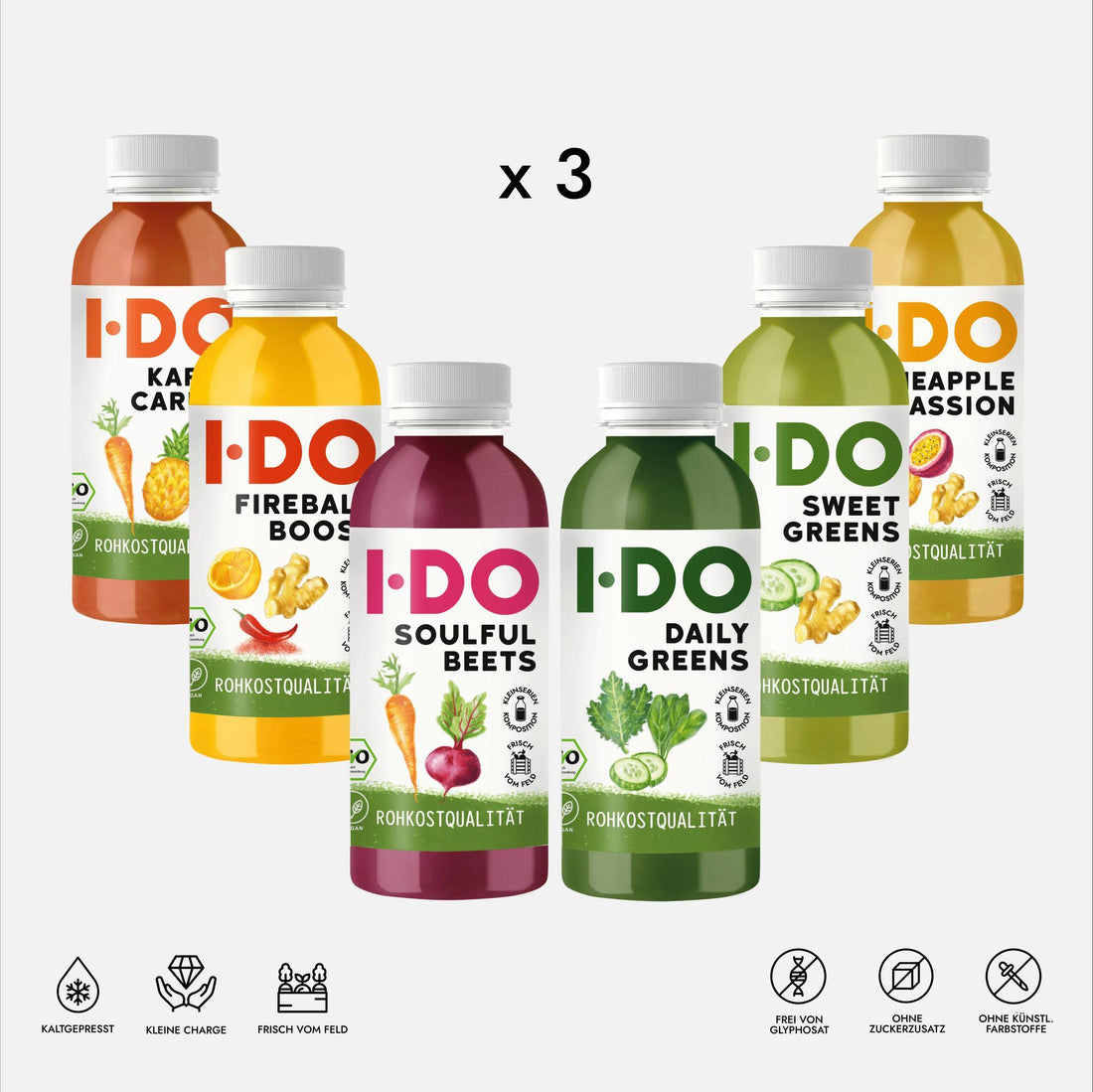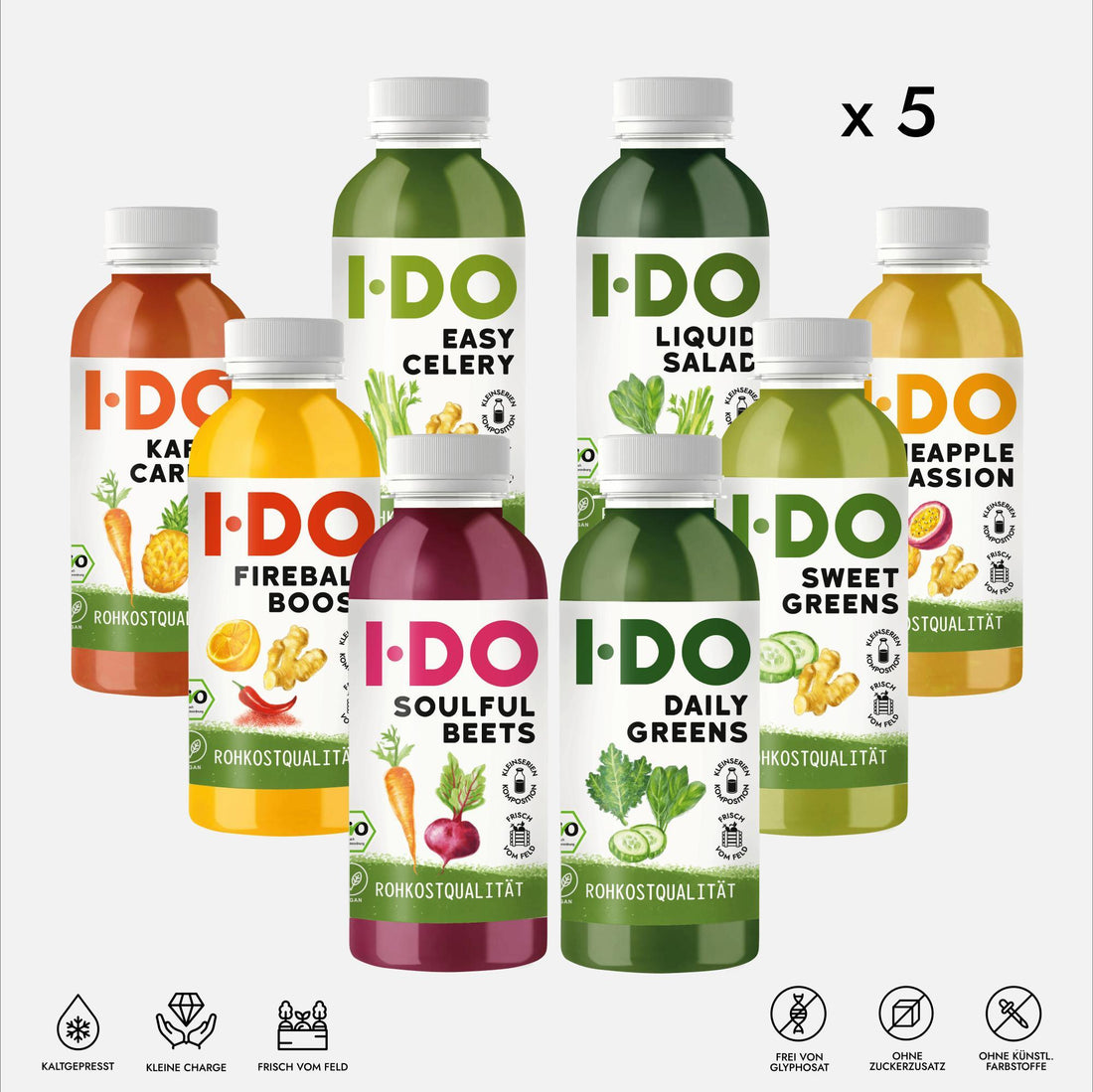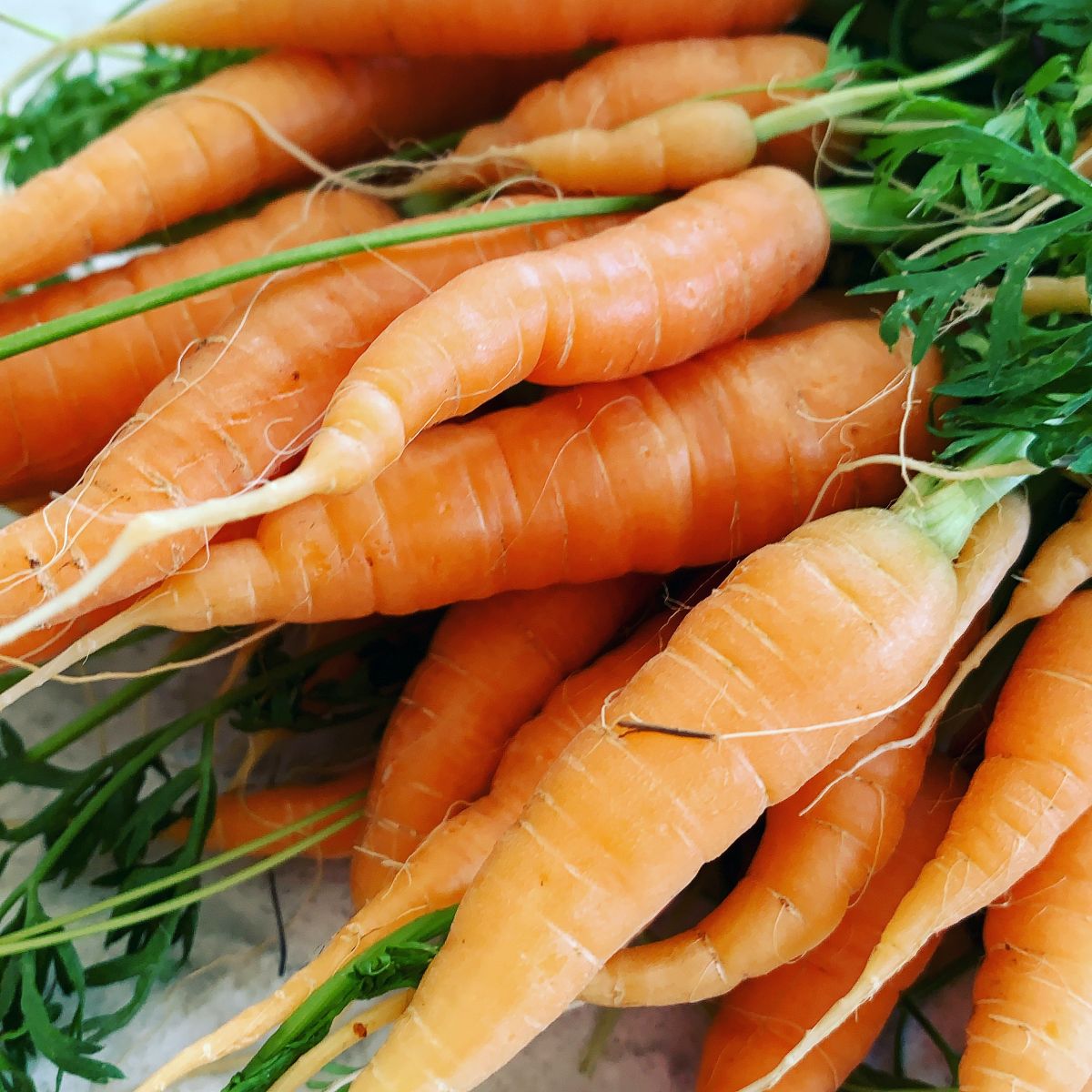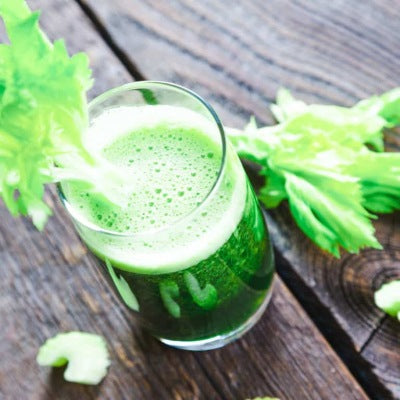Intermittent fasting, also known as intermittent fasting, describes less a specific form of fasting and more a specific eating rhythm. In comparison to fasting programs lasting several days, which are often carried out once a year for cleaning purposes, intermittent fasting is more of a regular form of fasting which, if desired, can be integrated into everyday life in the long term. This involves going without food for hours or days. A distinction is made in intermittent fasting based on the time windows in which food is eaten or not eaten.
VERY POPULAR: THE 16:8 INTERVAL METHOD
The 16:8 method is probably the most common form of intermittent fasting and is often seen as the entry-level variant. The number 16 stands for the time window of 16 hours in which you don't eat any calories. The remaining 8 hours can then be eaten and drunk. With intermittent fasting 5:2, on the other hand, you do not eat 2 days a week, or you consume a maximum of 500 kcal, whereas the other 5 days are eaten normally.








